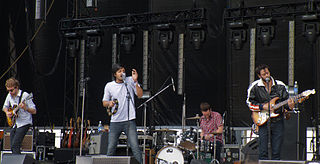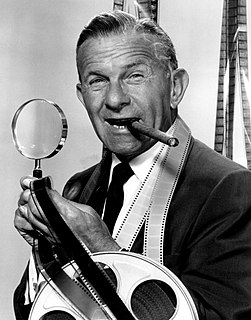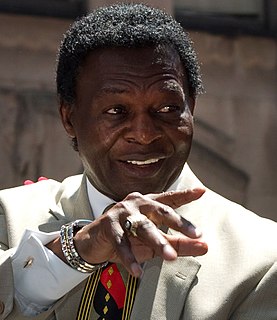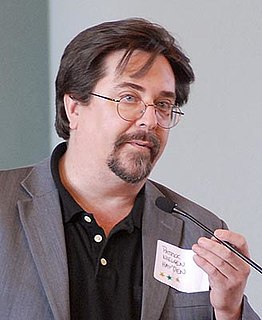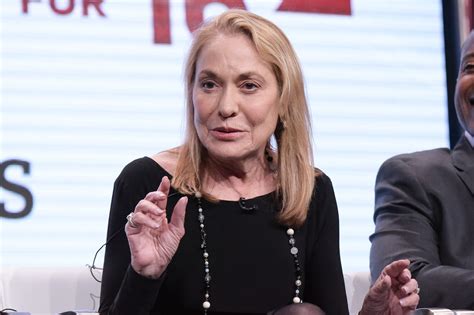A Quote by Annalee Newitz
RSS, as a format and an idea, grew directly out of an internet culture that many people online today know nothing about: Usenet.
Related Quotes
Many teachers of the Sixties generation said "We will steal your children", and they did. A significant part of America has converted to the ideas of the 1960s - hedonism, self-indulgence and consumerism. For half of all Americans today, the Woodstock culture of the Sixties is the culture they grew up with - their traditional culture. For them, Judeo-Christian culture is outside the mainstream now. The counter-culture has become the dominant culture, and the former culture a dissident culture - something that is far out, and 'extreme'.
Me and my bandmates grew up with the internet music scene. So we're well versed in how to interact with the online fan base. Obviously MySpace several years back was the main mode of transportation. I found out about so many great bands through the Myspace band of the week feature, it was my goal to be on there. But it's changed a lot. We have a couple social media people helping us out, but for the most part we always oversee our Twitter. We look at a lot of our Facebook stuff. We try and keep in touch with as many people as possible.
Nothing has really changed. We had bootleg albums in the '60s and today we have Internet file sharing. They just found a better way to do it -- get music for free. What's great about today is an artist has an opportunity to go direct to their audience without dealing with a middleman. People can go directly to the web for CDs, DVDs and downloads. I think that's the best thing that's happened, that people's music is being flashed around the world.
I grew up when people were afraid to 'come out' as gay. If you asked me how many gay kids I grew up with or went to school with, I would have said none - which of course could not have been true. The truth is I have no idea how many confused and frightened kids I grew up with. They are still out there.
I think we are evolving rapidly into one world culture. It's certainly one world economy. With billions of people online, I think we'll appreciate the wisdom in many different traditions as we learn more about them. People were very isolated and didn't know anything about other religions 100 years ago.
One of the questions asked in that study was, How many Vietnamese casualties would you estimate that there were during the Vietnam war? The average response on the part of Americans today is about 100,000. The official figure is about two million. The actual figure is probably three to four million. The people who conducted the study raised an appropriate question: What would we think about German political culture if, when you asked people today how many Jews died in the Holocaust, they estimated about 300,000? What would that tell us about German political culture?



